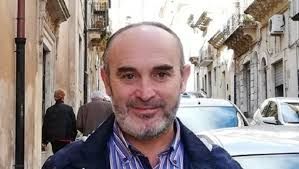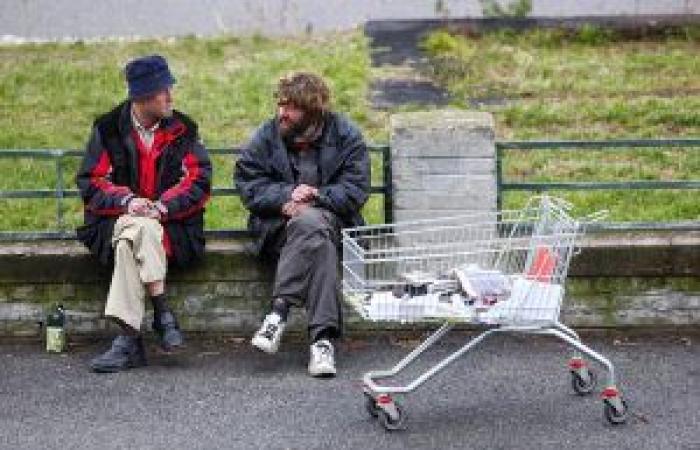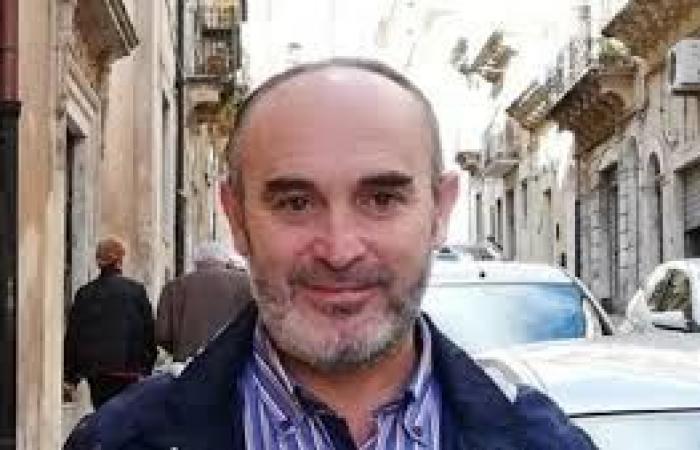The number of people accompanied and helped by diocesan Caritas is growing. The 2024 national statistical report of Caritas Italiana “Poverty in Italy” enhances the data of 3,124 listening centers and services of the diocesan Caritas, located in 206 dioceses in all Italian regions.
These are only the “computerized” ones: there are many more services and works in the territories. A dramatic photograph emerges that calls for everyone’s commitment. Those presented are not just “numbers”, but above all 269,689 “faces”.
People who represent as many families, given that taking charge often responds to the needs of the entire family unit.
As recalled by Don Marco Paniello, director of Caritas Italiana, the restitution of the stories encountered is also thanks to the widespread presence of the centers in the territories and the many volunteers who collect the requests.
Data in Sicily
Even in Sicily all the dioceses collaborated in data collection which flow into national monitoring.
In particularthe Sicilian Caritas Delegationthrough the work of‘Observatory of poverty and resources of Sicily, contributed significantly to the survey. The people intercepted by the Sicilian Listening Centers in 2023 were 12,602, welcomed mainly by the Diocesan Centers but also detected by the Parish and Zonal listening centers which are increasingly establishing themselves.
In Sicily the tendency to encounter, at the listening centres, mainly Italian citizens, 72.7%, with a low level of education is confirmed: 85% of people have at most a lower secondary school diploma. Confirming the prevalence of poor work and irregular conditions, 50% of the people followed declare that they do not have a job, 6.4% work but are unable to meet normal family needs and 10.4% are retired but turns to the centers for support.
I’m beyond the 10% of contacts are unable to secure a suitable homebeing in a condition of Homeless. Most people have been turning to Caritas for more than 2 years and 35.4% for more than 3 years.
The chronicity is probably due to the complexity of the situations that arise in our centres, in fact it appears that 40.1% of people have more than 3 areas of need.
In addition to economic and employment difficulties, the most expressed needs are those relating to the following areas: housing, family and health. The greatest requests, in addition to those for material goods, are linked to the maintenance or request of accommodation and healthcare expenses.
Caritas interventions reflect the requests received even if the percentages of responses demonstrate the impossibility of meeting the many needs.

Domenico Leggio (Caritas Regional Delegate) declares: “Unfortunately we continue to record impoverishment even in our Sicilian territory and as highlighted by the faces – rather than the numbers – of the people we met, they are Italian people. Obviously what was found by the network of listening centers is a sample compared to the countless services activated by all the Churches of Sicily and the Parishes but it represents well how people live in our territories”.
“Some concerns are confirmed such as housing (the sample clearly shows the presence of homeless people), health, education and the consequent low schooling, work which is not only precarious but also poor because it is insufficient to satisfy the needs of the person and of the family unit, the impossibility of achieving one’s aspirations and I would say one’s dreams”, Leggio continues.
With respect to what emerges, a constant and strong alliance with public institutions is necessary so that co-programming can be implemented which takes into account a series of innovative measures dictated by experience in the field and revealed directly from the personal meeting that our volunteers and operators they act every day. Gratitude goes to them who allow us to reach people by meeting them not only in their needs but also in their looks, in their emotions and in the construction of a possible hope and a restoration of dignity and to our Regional Observatory of poverty and resources for service which it carries out”, he concludes.







